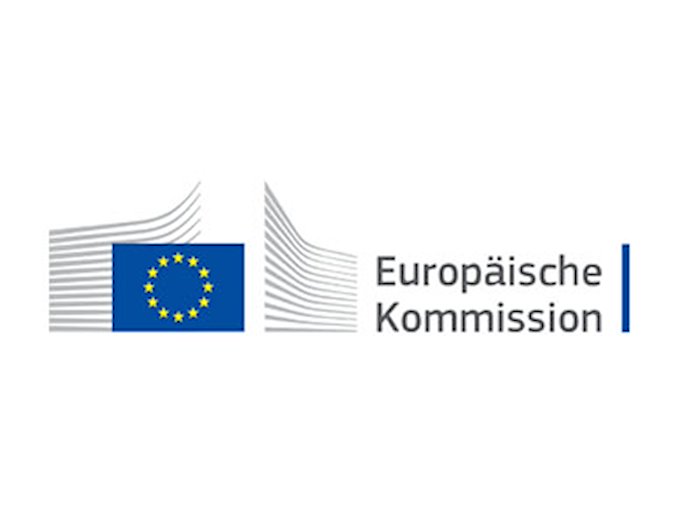March 25, 2024. Two weeks after the implementation deadline for the Digital Markets Act (DMA), the European Commission has launched its first investigations into non-compliance. The gatekeepers affected are Alphabet, Apple and Meta.
Categories
March 25, 2024. Two weeks after the implementation deadline for the Digital Markets Act (DMA), the European Commission has launched its first investigations into non-compliance. The gatekeepers affected are Alphabet, Apple and Meta.

Categories
Tags
Contact info
Silicon Saxony
Marketing, Kommunikation und Öffentlichkeitsarbeit
Manfred-von-Ardenne-Ring 20 F
Fax: +49 351 8925 889
Contact person:

Vice-President Margrethe Vestager, responsible for competition policy, said: “We suspect that the solutions proposed by the three companies are not fully compliant with the DMA. We will now investigate whether the companies are complying with the DMA to ensure open and competitive digital markets in Europe.” Internal Market Commissioner Thierry Breton referred to the discussions between the Commission and the gatekeepers that have been ongoing for months to help companies adapt. Changes in the market are already visible: “However, we are not convinced that Alphabet, Apple and Meta’s solutions meet their commitments for a fairer and more open digital space for European citizens and businesses. If our investigation concludes that the DMA is not fully complied with, the gatekeepers could face heavy fines.”
Specifically, it concerns Alphabet’s rules on routing in Google Play and self-referencing in Google Search, Apple’s rules on routing in the App Store and on browser selection and changing default settings, and Meta’s “pay or consent model”.
The Commission suspects that the measures taken by these gatekeepers are not sufficient to effectively fulfill their obligations under the Trademark Protection Act. In addition, it has opened investigations into Apple’s new fee structure for alternative app stores and Amazon’s ranking practices on its marketplace. Finally, the Commission has ordered the gatekeepers to retain certain documents in order to monitor the effective implementation of and compliance with their obligations.
The Commission has opened proceedings to examine whether the measures taken by Alphabet and Apple in relation to their app store obligations are in breach of the EU GDPR. Under Article 5(4) of the GDPR, gatekeepers must allow app developers to direct consumers to offers outside their app stores free of charge.
The Commission is concerned that the measures taken by Alphabet and Apple may not be fully compatible with EU law as they impose various restrictions and limitations. These restrict, inter alia, the ability of developers to freely communicate and advertise offers and to conclude contracts directly, including by charging various fees.
The Commission has opened proceedings against Alphabet to determine whether Alphabet’s display of Google search results may lead to self-preferencing in relation to Google’s vertical search services (e.g. Google Shopping, Google Flights, Google Hotels) vis-à-vis similar competing services.
The Commission is concerned that the measures Alphabet has taken to comply with the EU GDPR may not ensure that third-party services appearing on Google’s search results page are treated fairly and without discrimination compared to Alphabet’s own services, as required by Article 6(5) of the EU GDPR.
The Commission has opened proceedings against Apple to investigate whether it is complying with its obligations to (i) allow end users to easily uninstall software applications on iOS, (ii) easily change the default settings on iOS and (iii) provide users with choice screens that allow them to select an alternative default service, such as a browser or search engine, on their iPhones.
The Commission is concerned that Apple’s measures, including the design of the web browser selection screen, may prevent users from genuinely exercising their choice of services within the Apple ecosystem, in breach of Article 6(3) of the GDPR.
Finally, the Commission has opened proceedings against Meta to assess whether its recently introduced “pay or consent” model for users in the EU is compatible with Article 5(2) of the Data Protection Act, which requires gatekeepers to obtain users’ consent if they intend to combine or use their personal data across different core platform services.
The Commission is concerned that the binary choice that Meta imposes with the “payment or consent” model does not provide a real alternative in the event that users do not give their consent, thereby failing to achieve the objective of preventing the accumulation of personal data by gatekeepers.
The Commission is also taking other steps to gather facts and information to clarify whether:
The Commission has also issued five orders addressed to Alphabet, Amazon, Apple, Meta and Microsoft. These orders require them to preserve documents that could be used to assess compliance with the DMA obligations in order to preserve available evidence and ensure effective enforcement.
Finally, the Commission has granted Meta an extension of six months to comply with the interoperability obligation (Article 7 DMA) for Facebook Messenger. The decision is based on a specific provision in Article 7(3) DMA and follows a reasoned request from Meta. Facebook Messenger remains subject to all other DMA obligations.
The Commission intends to conclude the proceedings opened today within 12 months. If warranted by the investigation, the Commission will inform the gatekeepers concerned of its preliminary findings and explain the measures it intends to take or that the gatekeepers should take to effectively address the Commission’s concerns.
– – – – – –
Photo: European Commission